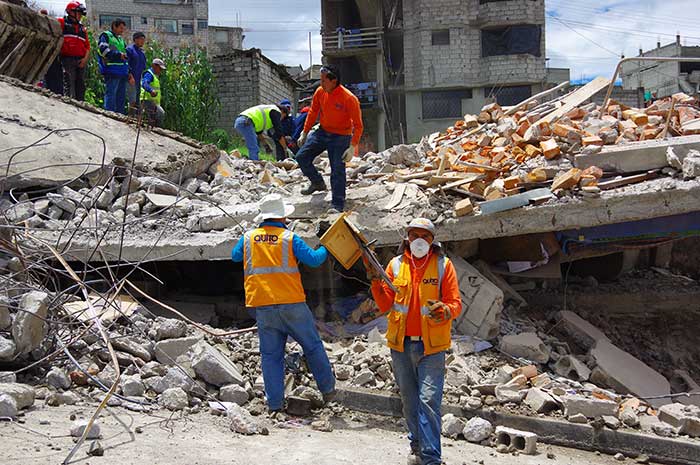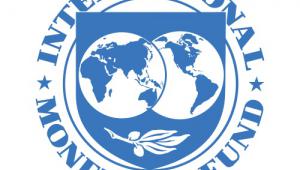web_ecuadorearthquake_shutterstock_406938247.jpg

Rescue workers at the scene of a collapsed house following the earthquake in Ecuador
In a statement released last week, the fund said its executive board had approved the disbursement to alleviate a serious balance-of-payment need caused by the quake that caused significant damage to infrastructure, housing and agriculture.
One month after the 7.8 magnitude quake, the country’s aid appeal had received only 12% ($15.1m) of the requested funds.
The IMF disbursement will be achieved using a Rapid Financing Instrument, which is designed to provide rapid and low-access financial assistance to countries facing funding crises, without requiring the fund to undergo a full economic programme or review.
According to the statement, RFIs can be deployed to nations in the wake of commodity price shocks, natural disasters, and post-conflict situations. Financial assistance is provided via immediate disbursements.
Under the conditions of payment, the loan will need to be repaid by Ecuador within 5 years.
Min Zhu, deputy managing director and acting chair of the fund’s executive board, commented on the decision. He said: “The April 16 earthquake created new fiscal pressures and an urgent balance of payments need at a time when Ecuador’s economy is still suffering the effects of lower oil prices, a strong US dollar, low international reserves, and limited access to international financing.”
Zhu noted that the Ecuadorian government responded quickly to the emergency with an fiscal package to fund the relief efforts. It included a temporary increase in the rate of VAT, and a one-off ‘solidarity surcharge’ tax on wages, corporate profits, and personal assets.
He said the government had put on hold projects that were not related to recovery from the earthquake, and confirmed it was committed to implementing additional income and expenditure measures as necessary to avoid debt spiraling out of control.
“Given the risks facing Ecuador,” he said, “there is a need for policies to address short- and medium-term macroeconomic imbalances and vulnerabilities.”
He added that over the medium term, “fiscal policy will need to rebuild adequate buffers to create space for countercyclical policy.”













